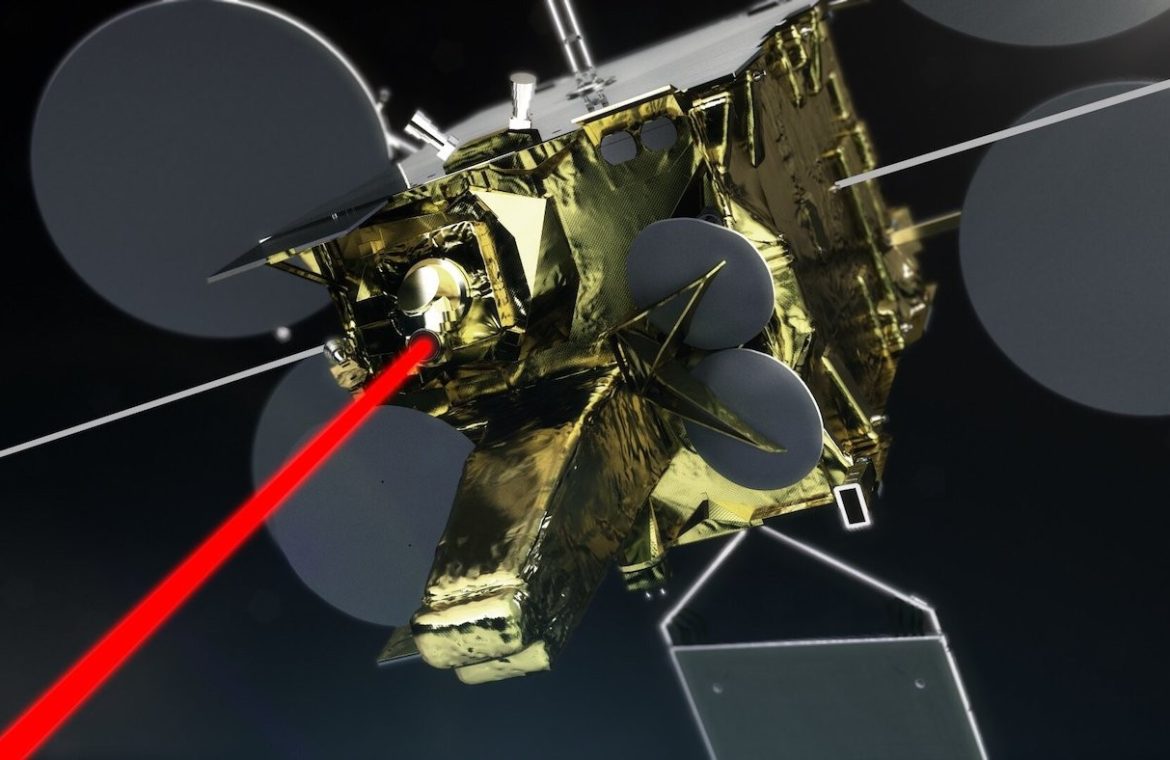
Photo ES [esa.int]
The British Ministry of Defense presented at the beginning of February this year. Ambitious assumptions for her first real space strategy. The document declares significant resources (a total of approximately £1.4 billion) for the implementation of new space defense projects, for which special priority should be given to tasks related to: reconnaissance, situational awareness in orbit, high-capacity communication and even active protection of space infrastructure.
The new space strategy was announced and presented on February 1 this year. By the British Ministry of Defense (Defensive Space Strategy) is a document, the creation of which has been announced for some time – mainly in connection with the National Space Strategy adopted in September 2021. In both cases, it was noted that an approach was adopted to implement government and military tasks in space. The reason was, inter alia, the need to increase the National Space Initiative to counter growing threats to the implementation of the UK’s national interests. And this in turn – as the occasional comments of representatives of the Space Command of the British Armed Forces show – is linked to the “irresponsible actions” of hostile nations in space.
Hence, the British Ministry of Defense’s strategy sets out, first and foremost, how the armed forces will protect Britain’s national interests in space – in (as he described it) “the age of ever-increasing threats”. At the same time, the efforts made to ensure good economic conditions within the local private sector and to support the development of highly qualified human capital were also noted. The British Ministry of Defense has announced that it will also strengthen its external partnership with key allies and NATO “to build stability and resilience”.
Announcements regarding investments in specific space programs and operations are at the forefront of the UK’s first rigorous space defense strategy. Altogether, implementing the new assumptions of this document would cost the British government nearly £1.4 billion (nearly US$2 billion) over 10 years.
Of this amount, up to £968 million will be allocated to provide a new constellation for satellite reconnaissance and reconnaissance, providing a global overview of military operations. The system operates on the basis of satellites that carry a variety of remote sensing and electronic reconnaissance equipment – mainly SAR (Synthetic Aperture Radar Technology) sensors. Its creation will be guaranteed within the framework of the ISTARI programme.
A separate task emphasized in the current strategy is a £61m research program for satellite laser communications technology for use by the armed forces. The goal in this case is to transfer operational data in ultra-fast broadband mode.
Among the other investments mentioned in this strategy (in addition to the £1.4 billion mentioned above) is the MINERVA programme, which is expected to cost at least £127 million to implement over four years. It is primarily about creating and testing a network-centric system that integrates data from various satellite and ground sources, enabling the British to independently collect, process and distribute data from their own and allied sources. This project should be closely related to the ISTARI program, and the capabilities built into it are to provide commanders with continuous access to data collected directly on the battlefield. In other words, MINERVA aims to contribute to the creation of a network that integrates operational activities in many areas: on land, at sea, in the air, in cyberspace, as well as in space.
The initiatives referred to are to complement previously announced UK defense investments in space (in excess of £5 billion). With this plan so far, the UK is securing a new generation of satellite communications capabilities – with the next version of Skynet (6th generation). The new satellites of this network are intended to provide strategic communications services to the British Armed Forces and its allies. Presenting his ministry’s new space strategy, Defense Secretary Ben Wallace said: “These significant investments will help ensure Britain remains at the forefront of innovation in space, one step ahead of our competitors.”
UK Ministry of Defense Space Strategy content is available for viewing on Official Website.







